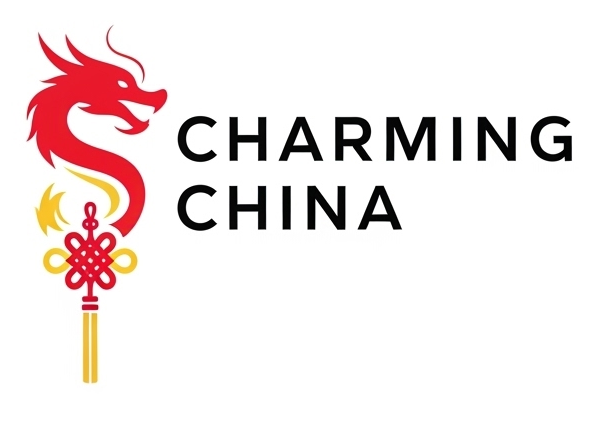Acupuncture vs Massage: Which One’s Better for Stress Relief?
In today’s fast-paced world, stress has become an almost universal experience. According to the American Psychological Association, over 75% of adults report symptoms of stress that impact their physical health, including headaches, fatigue, and muscle tension.
When it comes to natural ways to unwind, two ancient therapies are often recommended: acupuncture and massage therapy. But which one actually works better for relieving stress? Let’s compare them based on science, experience, and Traditional Chinese Medicine (TCM) insights.

What Is Acupuncture?
Acupuncture is a key practice in TCM that involves inserting ultra-thin needles into specific points along your body’s meridians. These points are believed to stimulate Qi (vital energy), balance organ function, and trigger your nervous system’s relaxation response.
How Acupuncture Helps With Stress:
- Activates the parasympathetic nervous system (“rest and digest” mode)
- Reduces cortisol (stress hormone) levels
- Enhances production of endorphins and serotonin
- May improve sleep, calm anxiety, and reduce inflammation
A review in Evidence-Based Complementary and Alternative Medicine found that acupuncture significantly reduced anxiety symptoms in multiple clinical trials — especially when done weekly over 4–8 weeks.
What Is Massage Therapy?
Massage therapy involves the manual manipulation of soft tissues — like muscles, fascia, and ligaments — using techniques such as kneading, pressure, and stretching. Styles range from Swedish massage (gentle) to deep tissue (intense).
How Massage Relieves Stress:
- Loosens tight muscles and improves blood flow
- Reduces cortisol levels and heart rate
- Promotes oxytocin release, the “feel-good” hormone
- Enhances body awareness and sleep quality
According to the American Massage Therapy Association, 43% of people who receive massage do so for stress relief, and 88% report it is effective in lowering their stress levels.
Side-by-Side Comparison
| Feature | Acupuncture | Massage Therapy |
|---|---|---|
| Stress Hormone Reduction | Strong (via cortisol & endorphin regulation) | Strong (via cortisol & oxytocin) |
| Physical Relaxation | Moderate | Strong (targeting muscle tension directly) |
| Mind-Body Balance (TCM) | Excellent (balances Qi & organ systems) | Limited in TCM, strong in general relaxation |
| Invasiveness | Minimally invasive (needles) | Non-invasive |
| Session Length | 30–60 minutes | 60–90 minutes |
| Ideal Frequency | Weekly (esp. for anxiety/sleep issues) | Biweekly to monthly (for maintenance) |
Which One Should You Choose?
Go for acupuncture if you:
- Have chronic anxiety, insomnia, or hormonal imbalance
- Prefer a holistic mind-body approach
- Are open to trying Eastern medicine
Choose massage therapy if you:
- Have muscle tension, knots, or body fatigue
- Prefer a hands-on and relaxing experience
- Want immediate physical relief
Bonus Tip: Many TCM clinics offer both treatments in tandem — acupuncture followed by a short massage for the best of both worlds.
Frequently Asked Questions (FAQ)
Is acupuncture more effective than massage for stress?
Both are effective, but acupuncture may provide deeper nervous system benefits, while massage offers more immediate muscle relaxation. Your personal stress type and preferences matter.
Does acupuncture hurt?
Most people feel little to no pain. The needles are hair-thin, and sessions are typically relaxing — many patients fall asleep.
How often should I get acupuncture or massage for stress?
Weekly sessions for 4–6 weeks are ideal to see lasting results, then tapering down to biweekly or monthly for maintenance.
Can I combine both treatments?
Yes! In fact, combining acupuncture and massage can amplify relaxation, balance your energy flow, and release muscular knots — especially during high-stress periods.
Acupuncture and massage are two time-tested, natural ways to handle modern stress. Whether you’re seeking energy balance, pain relief, or emotional calm, both can help — just in different ways.
